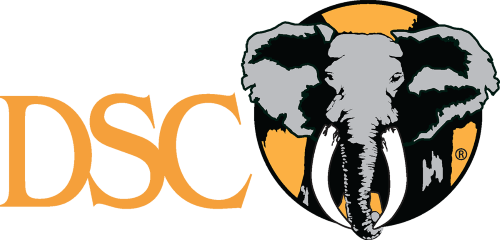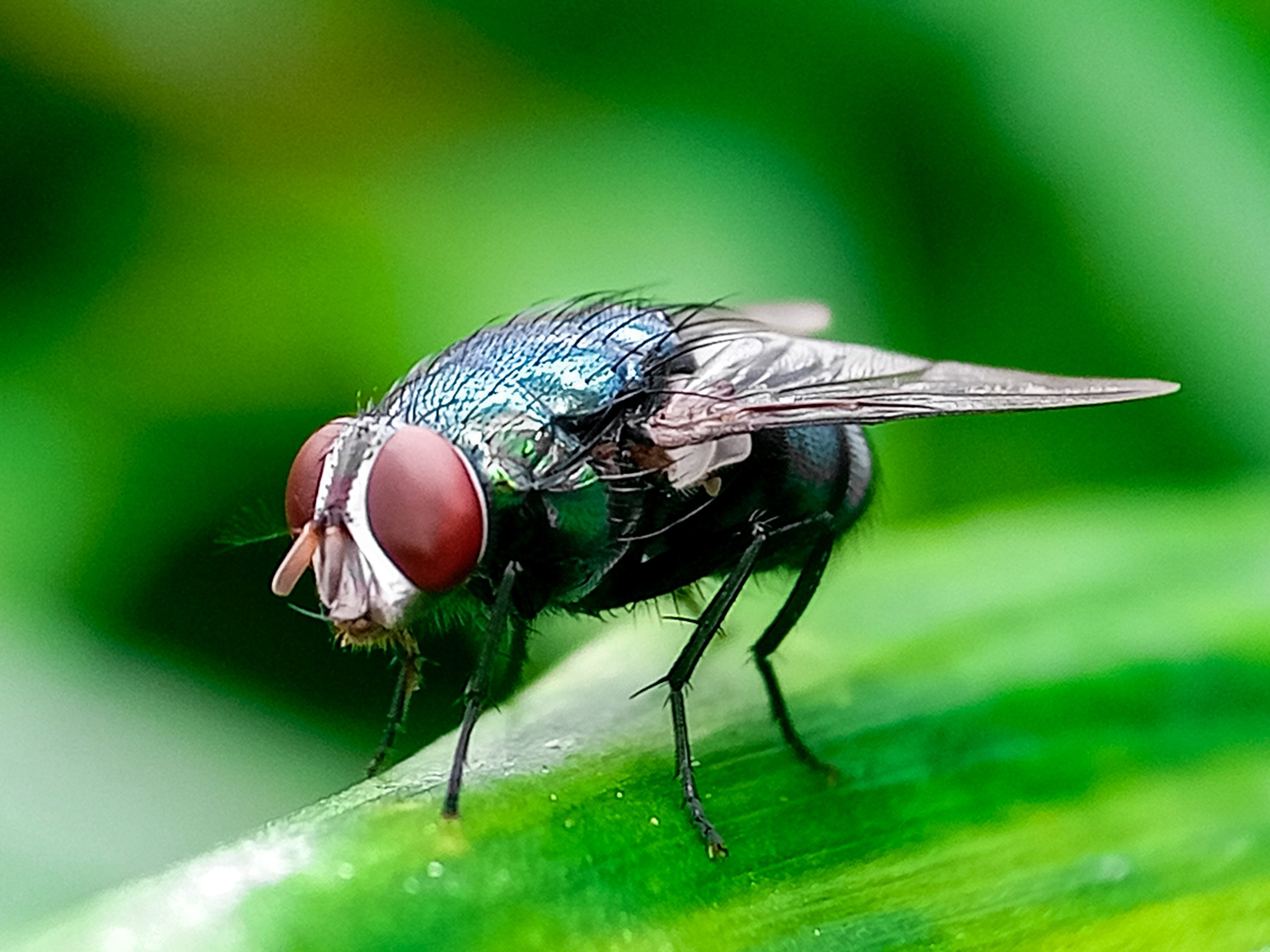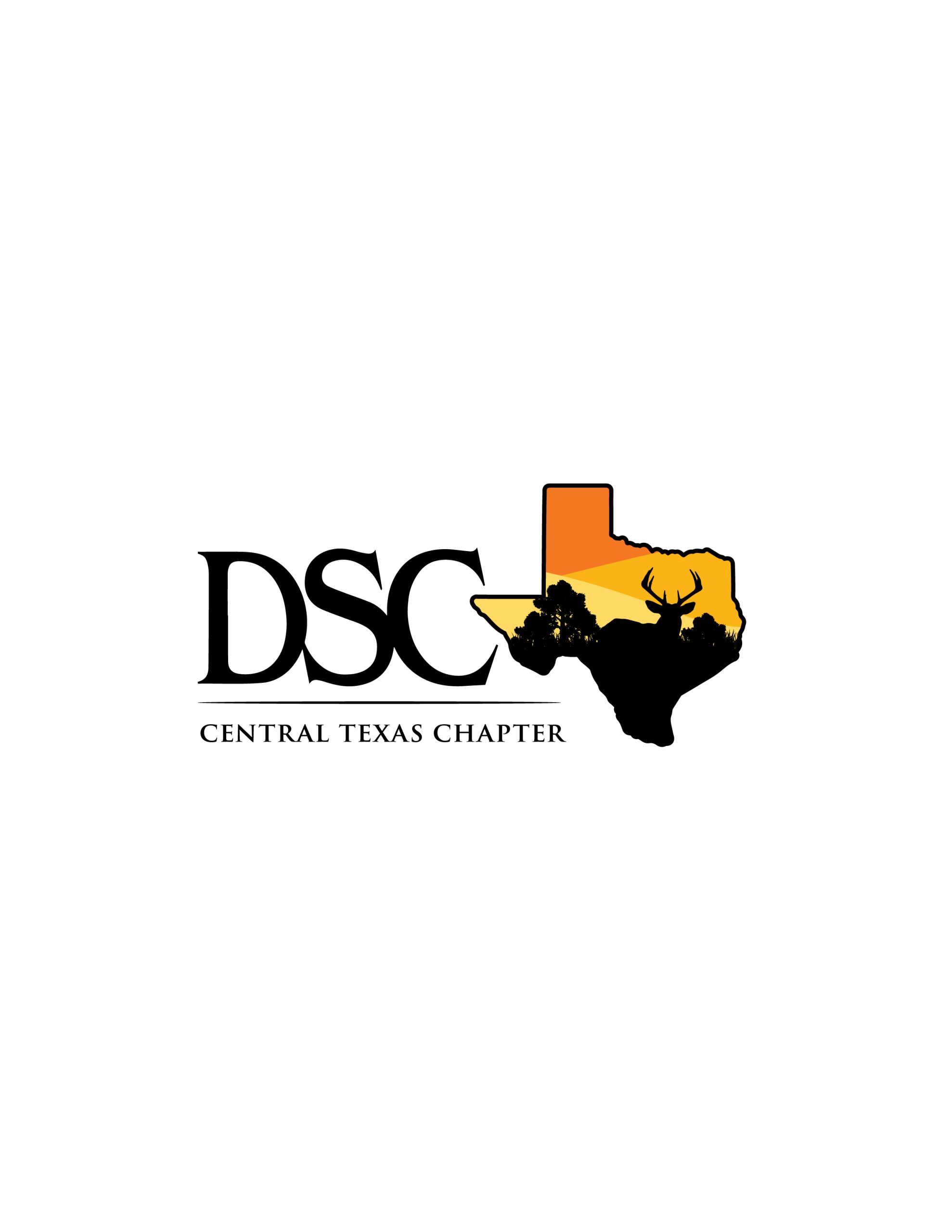[box] Presentation given in front of EU Parliament in Brussels by Past President of NAPHA (Namibia Professional Hunting Association) and renowned fellow hunter Kai-Uwe Denker. It expresses what hunting means to those to know it and and important service to the public good.[/box]
Read the full speech below.
Presentation by Kai-Uwe Denker in front of EU Parliament in Brussels, Feb. 19 2020
I consider it a huge honour to be able to address you here today to say
a few words on the Erongo Verzeichnis for African game animals.
By way of introduction I wish to explain that the Erongo Verzeichnis is
an initiative by a group of conservationists, most of whom happen to
be hunters, who since the year 2010 in bi-annual workshops have
formulated a philosophy, which strives to enhance and give new
incentives for trophy hunting to truly live up to its claim of being an
important and effective tool of nature conservation.
The result of this endeavors is the book I wish to introduce here today.
Our concern is the protection of intact natural habitats.
During the last month that I have travelled in Europe and the USA, not
a single day has passed on which climate change and the worldwide
environmental crisis has not featured prominently in the news.
It seems that nature is ill.
Very seriously ill.
Now if we ourselves would be seriously ill, we would see the best and
most experienced doctor available to us. For such doctor it is
necessary to understand how the human body works, as to be able to
start an efficient cure and not only treat some symptoms.
I’m not a doctor and do not wish to move onto thin ice by entering
into some medical detail, but to just give an example of what I mean:
if we feel weak and tired and our fingers numb due to insufficient
blood circulation as a result of a heart valve defect – which would be
a serious illness – we certainly would not try to heal the problem by
treating our numb fingers with some ointment. An expert doctor
would identify our heart problems and attend to this in depth.
Just as a human body functions on intricate and complex mechanisms
and processes, nature is an extremely intricate and complex system.
If we want to heal our ill environment, we need real understanding of
the complex principles and laws it is based on.
I feel that this is often missing. Perhaps hunters, due to their exposure
to the life and death realities in nature, at times have a better
understanding of natural correlations than some other conservation
groups.
The demise of the grey partridge as a species in central Europe is not
a result of too many foxes, nor of human hunters shooting a few. The
decline of partridges is a symptom of a general underlying
environmental problem: The loss of and destruction of intact habitat
due to intensified agriculture, industrialization and other manmade
factors.
To give another example: According to recent studies only 8 to 13% of
the habitat the African lion occupied in historic times south of the
Sahara remain today, due to habitat loss because of cattle ranching or
human settlement.
Loss of intact natural habitats is the “heart problem” of our sick
environment, of seriously ill nature. The fact that destruction of
habitat is the greatest real conservation concern makes it prudent to
place the protection of intact habitat as the top conservation priority.
It is an undisputed fact that – at least theoretically – hunting via the
concept of sustainable utilisation of natural resources contributes to
the protection of habitats.
Still especially hunting is faced by major opposition today. Most of the
criticism is based on a wrong understanding of nature by nature
detached modern societies and subsequent attempts to treat the
serious illness of nature – the heart problem of our environment – by
rubbing some ointment on our numb fingers.
As far as wildlife conservation is concerned, attempts to forbid
hunting is just as senseless as thinking ointment on the fingers will
heal heart problems – in fact it is directly contradicting real
conservation efforts.
The Erongo Verzeichnis philosophy is based on the understanding that
humans are part of nature and that there is no moral or factual
argument against hunting – provided that it is sustainable and
exercised ethically and in circumspection. Please allow me to
elaborate a bit on the principles and laws of nature and human’s role
in nature.
All natural environments revolve around food chains and natural
cycles, on the system of ‘eat and be eaten’. Moreover, one of the
fundamental laws of nature is “the law of hunter and hunted”. Every
plant, every insect, every bird is in severe competition for a place in
the sun, for the right to live, to feed, to mate, to propagate, to
reproduce.
That is the very principle of life. That is the very principle of nature.
You might be aware that we had a very serious draught in Namibia last
year, which, however, was broken by recent good rains. A draught,
like a severe winter in the northern hemisphere, has its important role
in nature. It brings hardship and death, but it also strengthens the
survival abilities of the entire system. And it makes room for
rejuvenation.
The long awaited recent rains in Namibia have brought about a phase
of growth and rejuvenation and all rejuvenation on earth rests on the
principle of birth and growth and death.
After thunderstorms swifts shoot through the air at terrific speed with
excited screams to capture and kill insects, ducks and other waterfowl
frolic in rivers and pans to kill amongst the overabundance of
tadpoles, yellow-billed kites gather in hundreds to hunt swarming
termites, and jackals, cheetahs and leopards take their toll on newlyborn
springbok fawns, while the swifts and the ducks and even the
jackals in turn are chased by falcons, eagles and leopards.
Birth and death is everywhere and life as such is in exuberant spirits.
And if we lean back for a moment and let the scenario as such have its
effect on us, the huge, gathering thunderheads, the unleashed
thunderstorms slowly moving across the sweeping immensity of
Namibia’s vast open landscapes, the exuberant growth of plant-life in
a frantic fight for a place in the sun, and the interactions of the
animals, of hundreds of circling kites amidst myriad of swarming
termites, the migrating herds of springbok, we will realise that all this
is of breath-taking beauty, that nature functions in marvellous
harmony.
Although certain aspects of this chain may appear cruel, this principle
is the very foundation on which the harmonic interaction of life on
earth rests.
I have elaborated on this in quite some detail as to point out that
killing is an absolute normal thing in a natural system.
And let us not forget that man as a hunter-gatherer also was part of
this magnificent natural world, before he turned to nature-destroying
developments and technologies.
According to scientists the key in the process of becoming human and
the development of culture with our early ancestors took place, when
homo erectus, the first early human who walked exclusively upright,
changed over from an exclusive plant diet to a mixed diet with a high
proportion of meat. The greatest change during the transformation
from animal to human took place in the central organ, the brain. The
enlargement of the brain-volume resulted in an increase of the energy
expenditure, and the source of this energy – was meat.
Hunting is an age-old human activity, only hunting has enabled the
survival of the human species, there is nothing strange or perverted
about somebody being a hunter, as some nowadays often want to
have it. We have to realise that such an important aspect of the
human evolution is deeply embedded in the human instincts. It is
important to note that hunting as such, contrary to what anti-hunters
try to make believe, is not a perverted inclination, but under natural
circumstances rather a totally normal occupation.
There is a deep satisfaction in leading an original live, in living off the
land. This might become apparent in the satisfaction a planter feels in
looking over his plantation and eventually harvesting his crop. There
is a deep satisfaction for a fisherman, not only in pulling a fish from
the river, but even more to enjoy the peace of a quiet stream. There
is intense satisfaction for a hunter to be out in the wilderness and be
part of the ancient rhythm of nature.
These emotions are difficult to explain, but let me just say that If you
really have hunted, if you have been part of nature and hunted, when
you stand next to a beautiful kudu bull you have just slain, emotions
will be released from your innermost which tell you: Yes, it is okay to
hunt. Life and death and hunting are part of nature.
Is this feeling unjust? With all due respect, who is entitled to decide
that man should not be part of natural settings, not be allowed to take
wild fruit or mushrooms from the land? Should not be allowed to
catch a fish or bag a wild animal?
No part of the natural cycle is “good” or “bad”. The zebra is not “good”
because it eats grass, nor is the lion „bad“ because it eats meat.
Do we want nature?
May we even dare to think that humanity can detach itself from
nature?
Is nature as such bad? Or is it only man who is bad if he leads a natural
life? Is man good if he has turned his back on nature?
The average off-take by trophy hunting varies between 0.6% and 2%
of a population. The killing trophy hunters bring about only pre-empt
manifold other forms of death in nature, it has no negative effect on
the natural system or balance.
Ideally those specimens past their prime are targeted, specimens
which have fulfilled their reproductive role; old animals with
charismatic, worn trophies – that after all is the essence of trophy
hunting. The Erongo Verzeichnis has developed an age-related trophy
measuring system, which aims to create incentives to allow wellendowed
specimens to grow old and fulfil their natural role within the
population. This age-related trophy measuring system is one of the
four pillars or principles of the Erongo Verzeichnis philosophy.
As elaborated above, the protection of intact habitats, no matter
whether they are rainforest, savanna or desert habitats – they all are
vegetation zones where nature still breathes healthy – should be the
most important conservation concern, not only for reasons to fight
climate change, but because without suitable habitats there is no
wildlife.
To put it very simple: Hunters certainly do not contribute to the largescale
“killing” of natural environments; rather the contrary.
Because of the value wildlife receives via the concept of sustainable
use, nature conservation as a form of land use is possible, which
contributes to habitat protection – the top conservation priority in our
time.
However, financial advantages often lead to manipulation and
exploitation. We from the Erongo Verzeichnis feel that there is urgent
need for a certification of hunting areas according to ecological
criteria.
I want to emphasize – not a certification of hunting outfitters. Humans
are just corruptible. A certification of hunting areas according to their
ecological state. This can easily be verified and inspected.
The four principles of the philosophy of the Erongo Verzeichnis are as
follows:
– Wild animals should only be pursued in their original natural
distribution range
– Wild animals should be hunted under free range conditions;
there should be an ecosystem or landscape approach
– Large predators should be present to exercise their natural role
within an intact spectrum of species; they are natural regulators
in any ecosystem
– Trophy measurement should be age related, as to ensure
genetic sustainability
By way of conclusion let me say that we hunters believe that it is the
most basic right of wild animals is to lead a natural life in a natural
environment according to the laws of nature and that man is part of
the natural system. The destruction of natural habitats by modern
man is the biggest threat to this basic animal right.
While we do not deny that there are many unacceptable practices,
trophy hunting as such is often misunderstood. If exercised under the
criteria elaborated on above and strictly regulated, trophy hunting is
the most selective and sparing form of hunting.
Not regulated trophy hunting has brought about the decline or even
extinction of species like the adax, the scimitar horned oryx or the
Arabian oryx, but meat hunting.
The fact that the hunter loves and admires the animal has its outer
token in the fact that the hunter keeps trophies. The entire being of
the wild animal in some way reflect beautifully in the horns or the skin
of the animals. Even non-hunting nature lovers hang the horns of a
stag over their garage door. The horns of kudu or sable, or even the
skin of a lion, adorn many a tourist lodge. They add a flair of the
wilderness into human dwellings. Is this wrong? Let us remain tolerant
and practical. Must these unquestionably beautiful natural artefacts
rot in the wild because some people lead an ideological campaigns
against an ancient natural human doing? Where do we start and
where do we stop? May we display minerals or pieces of dead wood
in our homes?
We should be thoroughly alarmed and concerned about the debate
that presently takes place in the UK. Our sick environment can not
afford the loss of any more intact natural habitats.
The trophy hunter is the dedicated high-end tourist willing to travel to
remote regions and hunt under adverse conditions and is even
prepared to return empty handed. This kind of low-impact highoutput
client is indispensable for true wilderness conservation.
Conscientious, sustainable hunting is the very school of life.
This statement may come as a total surprise to anti-hunters, but
anybody really interested in the motives, into “right or wrong” of
hunting, has to deeply think on this.
The Erongo Verzeichnis book deals with manifold aspects in this
regard. It is an attempt to portray what real hunting is all about and
to create incentives to bring trophy hunting to its full right as an
effective conservation tool.
Unfortunately it is only available in German at the moment, but will
be available in English soon.
Thank you for listening.



